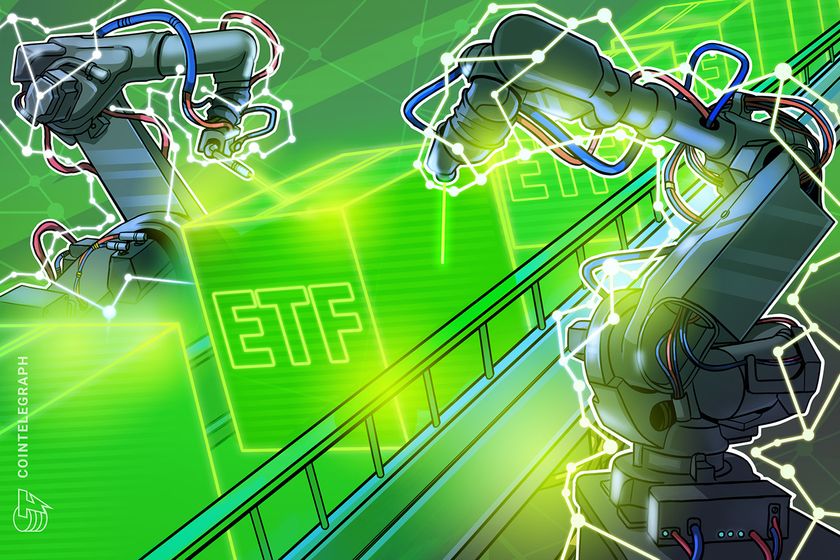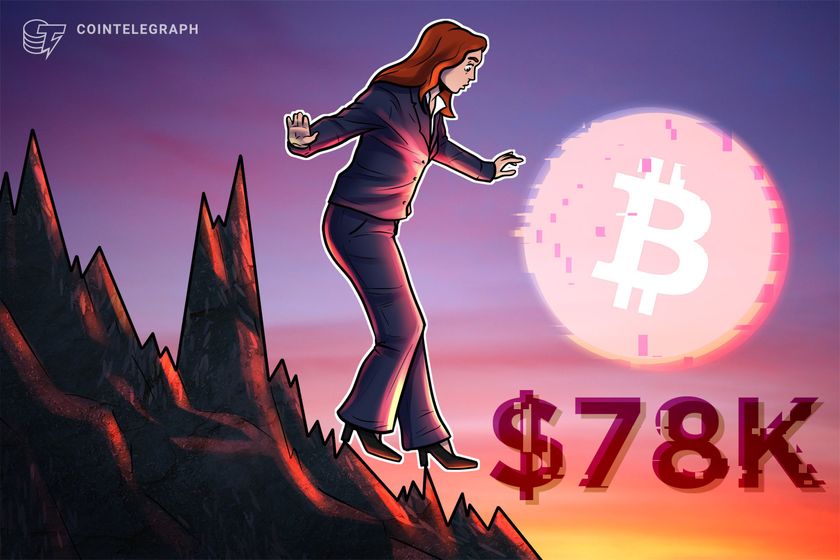
IOST, SKALE Network and CELR gain 30% as traders call for an altseason

CELR, IOST and SKALE secured double-digit gains thanks to a handful of protocol upgrades and announcements related to cross-chain ability.
Volatility is back in full force in the cryptocurrency market and the price of Bitcoin (BTC) has undergone several $1,000 swings over the past few days and select altcoins have seen their prices surge to new highs after major announcements.
The big winners on March 31 include protocols that focus on interoperability between the major blockchain networks as well as projects that are looking to release major updates in the near future.

Data from Cointelegraph Markets Pro and TradingView shows that the biggest gainers over the past 24-hours were SKALE Network (SKL), IOST and Celer Network (CELR).
SKALE Network prepares to launch v2.0
The SKALE Network is an Ethereum (ETH) native multichain scaling network focused on helping to run Solidity smart contracts at a greater speed for a fraction of the cost compared to operating on the Ethereum mainnet.
Data from Cointelegraph Markets Pro and TradingView shows that the price of SKL blasted 141% from a low of $0.1374 on March 25 to an intraday high of $0.3322 on March 31 amidst a 100% spike in its 24-hour trading volume.

The sudden surge in interest for SKL comes ahead of the launch of SKALE v2.0 and an increase in project exposure at a recent NFTLA networking event hosted by Blockdaemon.
IOST announces EVM-compatibility
IOST is a decentralized blockchain network that implements a “proof-of-believability” consensus protocol to achieve higher processing speeds than competing networks.
VORTECS™ data from Cointelegraph Markets Pro began to detect a bullish outlook for IOST on March 26, prior to the recent price rise.
The VORTECS™ Score, exclusive to Cointelegraph, is an algorithmic comparison of historical and current market conditions derived from a combination of data points including market sentiment, trading volume, recent price movements and Twitter activity.

As seen in the chart above, the VORTECS™ Score for IOST began to pick up on March 26, around two hours before the price began to increase 112% over the next five days.
The increase in demand for IOST came after the protocol revealed Project Entroverse, which will bring Ethereum Virtual Machine (EVM) compatibility to the IOST network and allow assets and applications to migrate between the two networks with ease.
Related: Zilliqa’s ‘metaverse’ debut pumps ZIL price 350% in just five days — Selloff ahead?
Celer Network shifts to the BNB Smart Chain
The Celer Network is a layer-two scaling solution that employs off-chain transaction handling as a way to help increase processing speeds and decrease transaction costs.
VORTECS™ data from Cointelegraph Markets Pro began to detect a bullish outlook for CELR on March 29, prior to the recent price rise.

As seen in the chart above, the VORTECS™ Score for CELR climbed into the green on March 29 and hit a high of 82 around nine hours before the price increased by 41.48% over the next day.
The move higher for CELR follows the revelation that the network was chosen to become the official interoperability layer of the BSC Application Sidechain (BAS) on the BNB Smart Chain (BSC).
The overall cryptocurrency market cap now stands at $2.097 trillion and Bitcoin’s dominance rate is 41.7%.
The views and opinions expressed here are solely those of the author and do not necessarily reflect the views of Cointelegraph.com. Every investment and trading move involves risk, you should conduct your own research when making a decision.
Go to Source
Author: Jordan Finneseth









